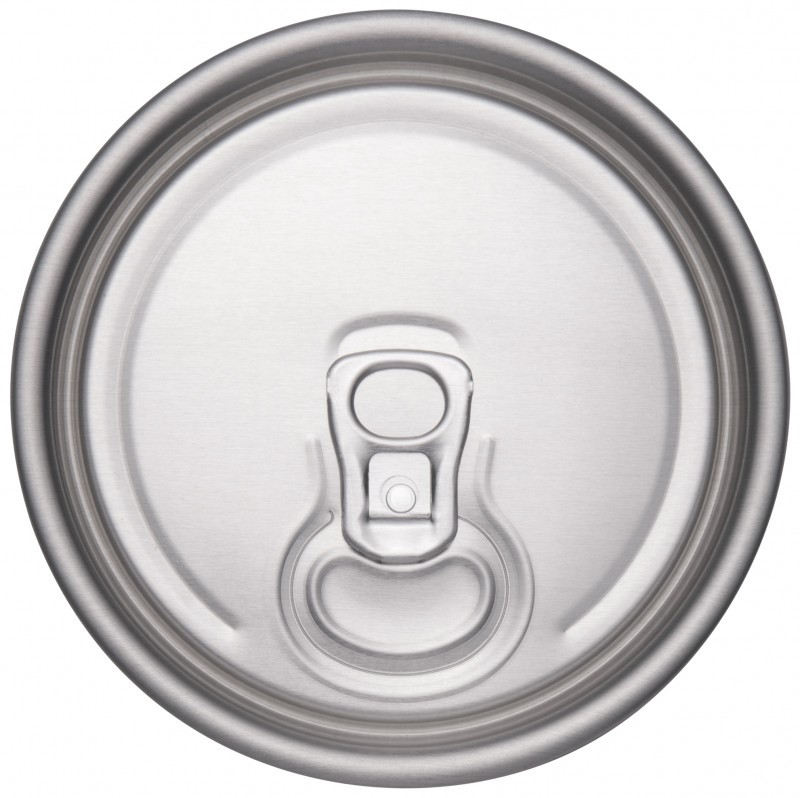Septic Tank Maintenance: How to Keep Your Septic System in Top Condition

Did you know that neglecting your septic tank could not only cost you thousands of dollars in repairs but also make it a landmine for a myriad of health hazards? In today’s blog post, we will unveil the secrets of septic tank maintenance to ensure the longevity and top condition of your septic system. Picture this: It’s like maintaining a well-oiled machine that churns out efficient performance without breaking down, where your septic system is that machine, quietly taking care of all your household waste. So, let us dive into how you can prevent a potential disaster from lurking underneath your backyard and continue enjoying those sunny picnic days worry-free!
When choosing a septic tank supplier, it is important to consider their reputation, experience, and range of products and services. You should also consider the quality of their materials and manufacturing processes, as well as their pricing and delivery options. Additionally, look for a supplier that provides excellent customer support, including design assistance, installation guidance, and ongoing maintenance tips to ensure your system performs at peak efficiency. AJ Foss is a precast concrete product supplier with a long-standing reputation in the industry for providing high-quality concrete septic tanks and leach field construction accessories along with unmatched one-on-one customer service.
What is a Septic Tank?
Septic tanks are essential components of many residential and commercial properties. A septic tank collects and treats wastewater from your home or building that does not connect to a public sewer system. When you flush a toilet, take a shower, or wash dishes, the wastewater flows into the septic tank where solid waste settles to the bottom and is broken down by bacteria over time. The remaining liquid is then discharged out of the septic tank into the drainfield, also known as the leach field, where it is dispersed into the soil.
Think of your septic tank as a giant filtration system for your property’s wastewater. Just like any other filtration system, it requires proper maintenance to ensure its efficiency and longevity. Regular pumping and inspection are necessary to prevent costly repairs down the road. Neglecting your septic system can result in backups and overflows that can damage your property and harm the environment.
For example, let’s say you have a large family living in your home with four kids who take daily showers, flush toilets multiple times a day, do multiple loads of laundry each week, and use harsh chemicals while cleaning regularly. This household will produce more wastewater than smaller households without children; therefore, their septic tank requires more frequent pumping and maintenance.
Without routine maintenance and inspection, sludge will build up in your tank causing potential blockages or even failure. Routine maintenance may include regular pumping every three to five years for an average household or yearly pumping for larger households to ensure that solids do not clog pipes or overflow into the drainfield.
Some homeowners might argue that their septic system doesn’t need regular attention; however, this could result in some devastating consequences. Not properly maintaining your septic system could result in blockages causing damage to the drainfield system or tank expense which could cost thousands of dollars in repairs or replacement.
Now that we’ve covered the basics of what a septic tank is and its purpose, let’s delve into the necessary maintenance practices to keep your septic system functioning properly.
Septic Tank Maintenance Practices
As mentioned before, proper maintenance of your septic tank is essential to ensure its function and longevity. Here are some key practices to keep in mind:
Regular Pumping and Inspection: Schedule routine pumping with a trusted professional service provider at least every three to five years for an average household or more frequently for larger families. Regular inspections can identify faulty parts or aging components that could soon fail before any significant damage occurs.
Signs of Septic System Failure: Keep a keen eye on the signs of septic system failure such as slow draining, unpleasant odors, soggy patches in your yard, sewage backup into your home, or standing water near the drain field. Identifying these signs early on will help prevent costly repair expenses or even total replacement costs.
Dos and Don’ts for Septic Tank Care: Do spread out laundry loads, only use biodegradable toilet paper, utilize garbage disposals sparingly rather than disposing of food scraps down the drain eliminate excess solids and use less water; don’t flush non-biodegradable items such as wipes, feminine hygiene products due to their clogging abilities that can accumulate in your system over time leading to costly problems.
Extending the Life of Your Septic System: Consider upgrading certain components within your septic system e.g. installing effluent filters which increase efficiency reducing solid build-up thus prolonging the life span of your septic system.
Just like your car needs regular oil changes and tune-ups to maintain its efficiency, so does your residential or commercial septic tank. With proper care and attention from a trusted professional service provider like A.J. Foss, you can keep your septic tank and drain field working to their highest potential while preventing costly problems down the road.
Regular Pumping and Inspection
Regular pumping and inspection of the septic tank are essential to maintaining a healthy septic system. The inside of the tank should be inspected regularly for signs of leakage or damage. If tanks are not pumped frequently, solids will build up and can clog the drain field, causing the system to fail. Frequent pumping also prevents overflow incidents that can cause health hazards to people and animals around the house.
According to experts, a typical household with a 1,000 gallon septic tank should have it pumped every three to five years on average. Households with large families or older septic systems may require more frequent pumping. Generally, pumping frequency depends on how much water is used in the home, the number of occupants, and the size of the tank.
To make sure your septic system is running correctly, keep records of inspections and maintenance schedules. Many companies will coordinate regular pumping services with homeowners in their service area.
It is important that only licensed professionals pump and inspect your septic system. An experienced professional can detect problems early on and prevent costly repairs down the line.
If you don’t pump your septic tank regularly, sewage waste can back up into your house or yard. Overflow incidents can create an unpleasant odor that can attract insects such as flies or trigger allergies in humans and pets. Moreover, untreated wastewater may pollute nearby streams and lakes, harming aquatic life and vegetation.
While it may seem like a chore at first, regular pumping of your septic tank can save homeowners from costly expenses down the road.
Now that we understand how crucial it is to maintain a regular schedule of pumping, let’s take a look at some indications that suggest when it’s time to pump your septic system.
Signs of Septic System Failure
It is important to be aware of the signs that indicate a septic system failure. If you suspect there is an issue with your tank, arrange for a licensed professional to inspect it promptly.
One of the first noticeable symptoms is the slow drainage of sinks, toilets, and showers. If water drains more slowly than usual or backs up, this could signal a blockage in the system. Don’t ignore these warning signs because they could indicate major problems.
If you notice sewage odors around your home, especially near the drain field, there may be an issue with leakage in the tank or drain field. Higher levels of moisture caused by leakage can also cause the grass to grow more quickly in certain areas around the drain field.
While it’s important to take action promptly when you sense something wrong, some homeowners may try to use chemical solutions found in stores. However, these chemicals may only temporarily relieve blockages but will ultimately cause damage and add costs to repairs. It’s best not to experiment with over-the-counter products but rather call on professionals who have experience with septic systems.
Another analogy one can make is that leaving a septic system without routine inspection and cleaning is like not changing the oil in your car – both result in costly repairs.
By understanding how septic systems work and maintaining them regularly, homeowners can avoid many issues that arise from neglected systems.
Septic Tank Maintenance Practices are an essential aspect of keeping your residential waste management system running properly. By scheduling routine maintenance and inspection services performed only by skilled professionals, you eliminate health hazards and keep cost-effective repairs.





